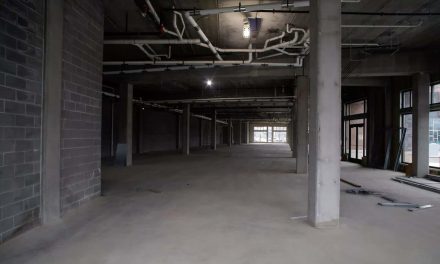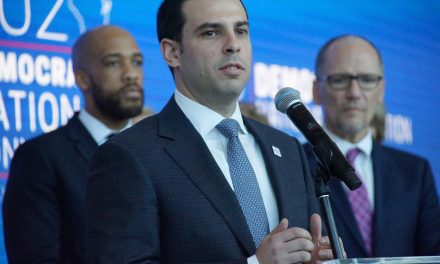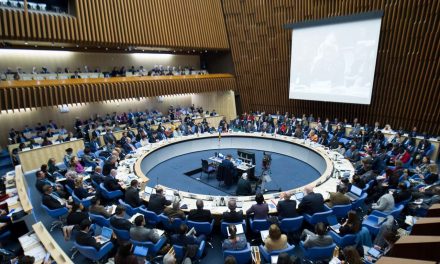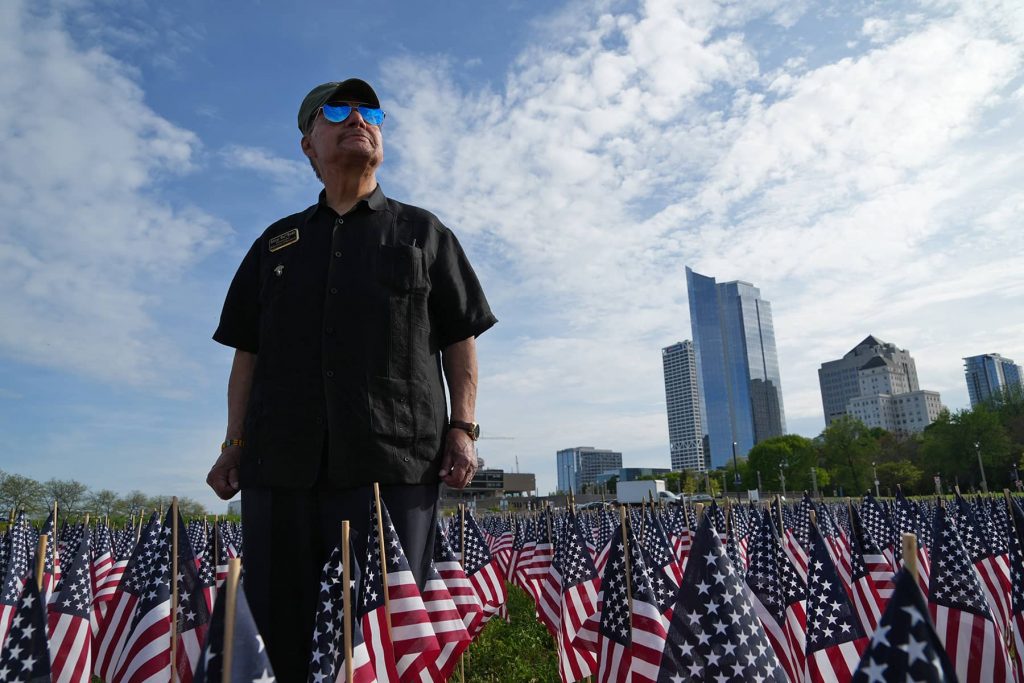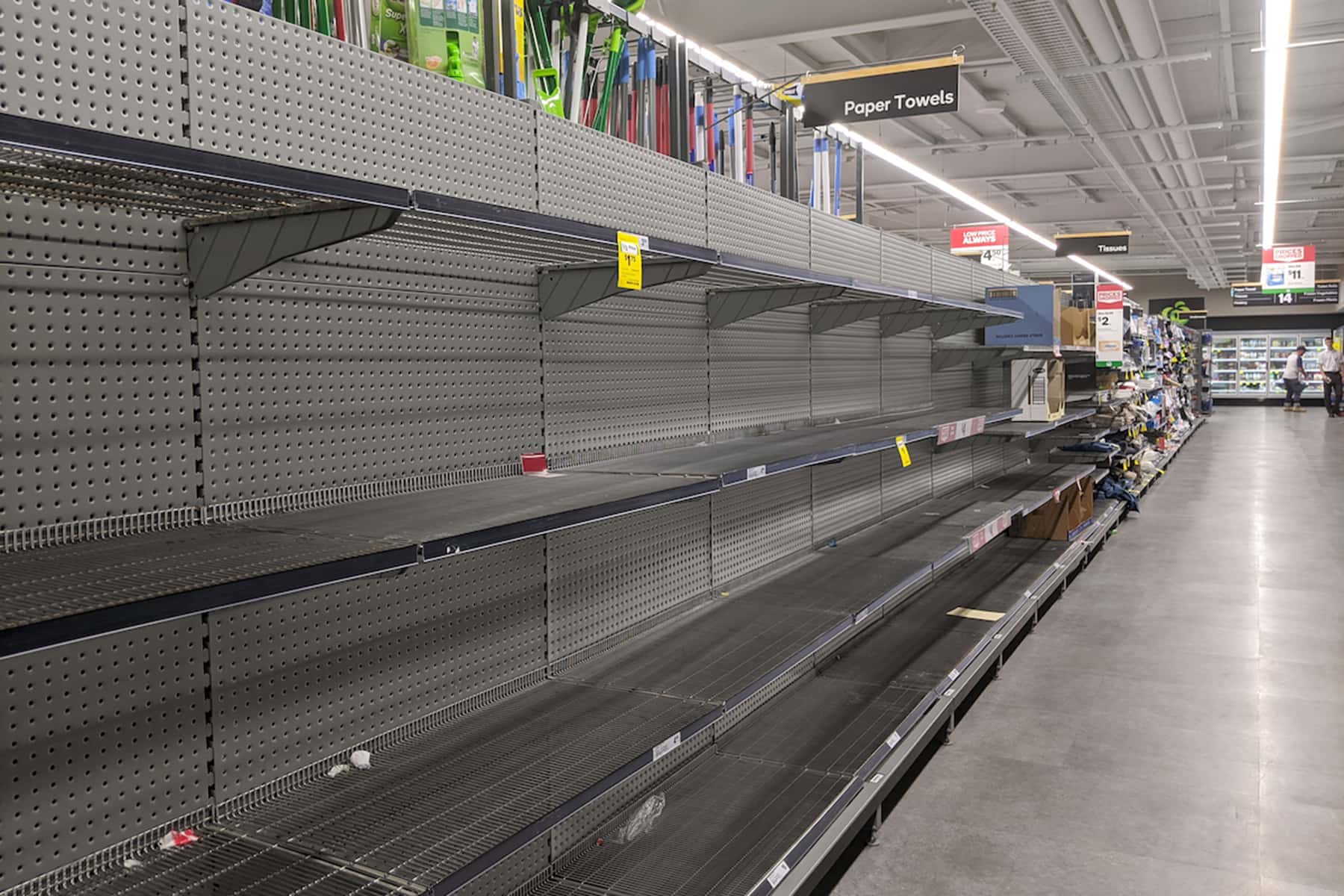
Growing up Christian, I remember reading about Jesus saying to his students and to those who would follow him in the ways of compassion and mercy and love and justice, “Anyone who has two shirts should share with the one who has none, and anyone who has food should do the same.”
I thought about that yesterday as I watched a middle-aged woman with a shopping cart piled to overflowing with toilet paper, unwilling to give a single roll to another mom who was literally pleading with her for it. I won’t assume the woman with the massive, teetering bathroom tissue stockpile was a professed follower of Jesus, but I imagine many supposed people of faith in America are similarly losing their religion right now.
Millions of human beings, who a couple of weeks ago were rolling their eyes and crying “hoax,” are presently body-checking strangers for wet wipes and searching for Purell on the dark web. Lots of self-identified Jesus followers are finding their faith stretched to its limits, as they have to put their money where their behinds are.
It’s one thing to stand in a building on a Sunday when all feels well with your soul, and say you believe in loving your neighbor as yourself — and another completely when you’re in the middle of a crowded, panic-stricken big box store aisle and your neighbor doesn’t want to their kids to have to wipe themselves with leaves and cocktail napkins. That’s when the real you shows up. That’s when Jesus takes the wheel or leaves the building.
Fear is helpful. It’s clarifying. It’s illuminating. Whether we claim a religious worldview at all — fear burns up what we say we believe and reveals what we actually believe: about protection and sustenance and security and generosity and abundance and community. Fear shouts our convictions with bullhorn force, and people see us as we really are; all the pretense falls and the veneers crumble and the costumes dissolve.
Fear, the unprecedented, scalding, paralyzing kind that we’ve all been immersed in the past few days is also a beautiful invitation: to step into the swirling chaos and be the best kind of humans we’re capable of being, the people we aspire to be, the nation the songs declare we are, the America we imagine in our heads.
We need to be these people, this nation, that America now more than ever. When scarcity makes selfishness rise up, we can rise above it with generosity.When separation feels safer, we can lean harder into community.When conspiracy and untruth come to stoke the fires of panic, we can bring the cool water of fact and truth.When our knee-jerk response is to hoard for our own, we can remember that we are in this together; that we are our brother’s keeper, that we all belong to one another.
When people around us are battered by the turbulence of uncertainty, we can steady them with our quiet, sober presence.
If we pay attention, terrifying crises can remind us of our commonalities; of the fears and worries that assail all of us, regardless of the buffers we have or try to put in place; fears of not having enough or losing everything or dying alone. Days like these can remind us of our oneness — that we are a single, interdependent community that transcends national border, political affiliation, religious tradition, sexual orientation, nation of origin, or any delineation we see or create between people. Here are five things to think about:
- Most people everywhere are fundamentally good, thoughtful, capable, and humorous.
- Evil and stupidity get a lot of press and wreak a lot of havoc, but kindness, honesty, integrity, and generosity are universal values and are far more positive and productive.
- Nothing positive comes from panic and chaos, so I learned to stay calm, to listen, and to breathe.
- Being of service to others in need is the best way to reduce anxiety and stress and to overcome the self-centered spirit that sometimes rears its ugly head. Being of service to others can also add meaning and purpose to your own life.
- There is always enough to go around. Always! Hoarding only adds to the challenges we face. Good humor, kindness, compassion, and generosity bring light into darkness.
I hope the woman with the overflowing shopping cart found enough compassion to give two rolls of her ninety-six to her neighbor in need — because the act will have helped both of them. It will have lessened the burden for the stranger, and it will have allowed her to remember that better self she has access to — that we all have access to.
These are untenable, terrifying, fearful times, and though they likely won’t destroy us, they will surely define us: in grocery store aisles and our neighborhoods and online and in our living rooms. Who do you want to be in these moments? See, give, help, share, love, and live the answer.
John Pavlovitz
Lee Matz
The original version of this Op Ed was published on johnpavlovitz.com
John Pavlovitz launched an online ministry to help connect people who want community, encouragement, and to grow spiritually. Individuals who want to support his work can sponsor his mission on Patreon, and help the very real pastoral missionary expand its impact in the world.

